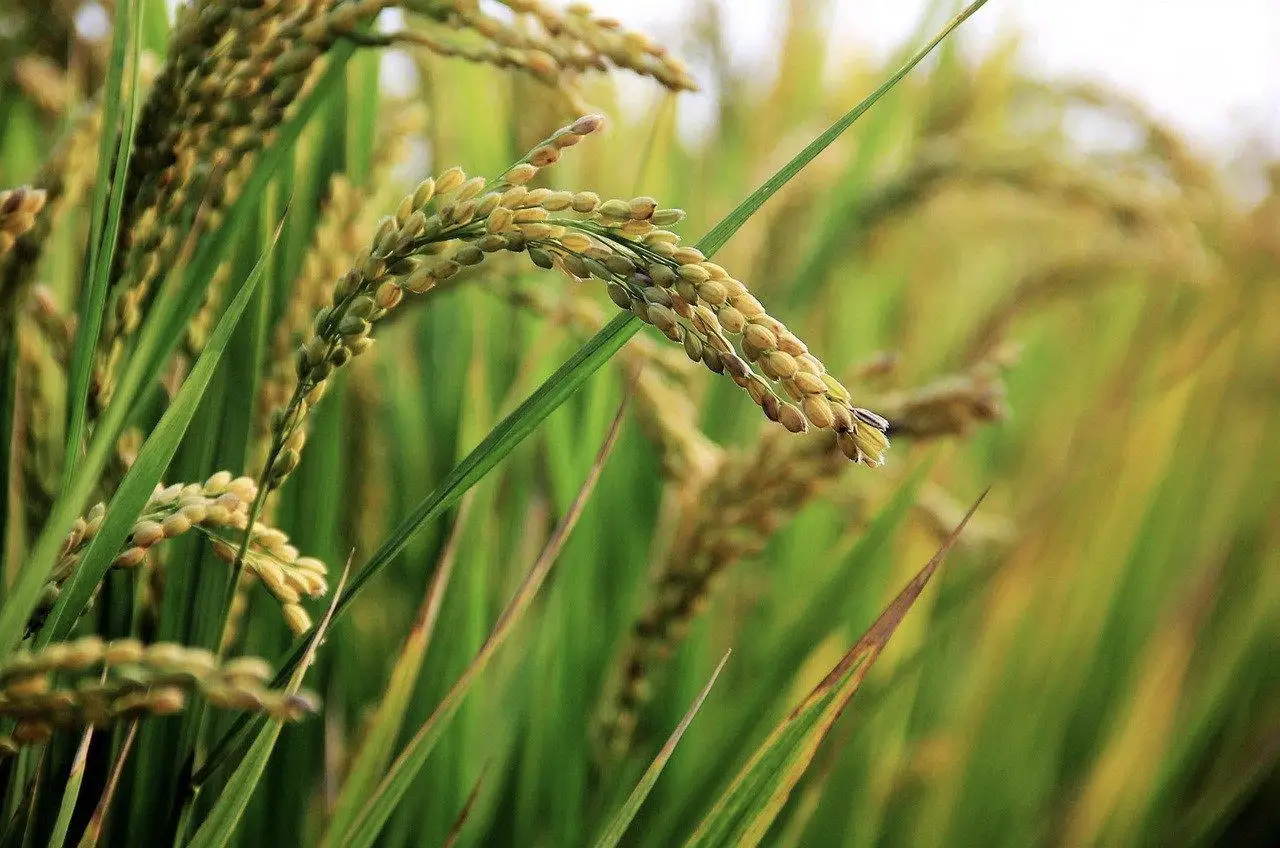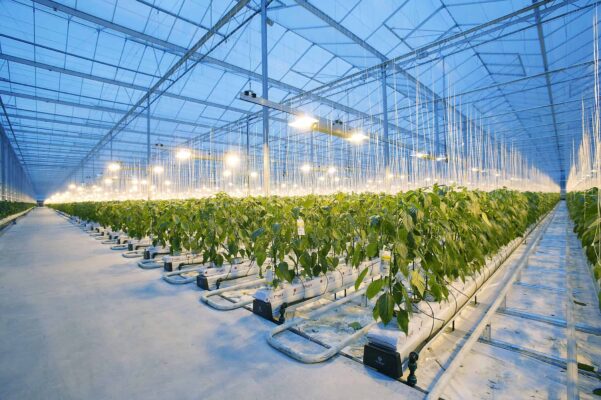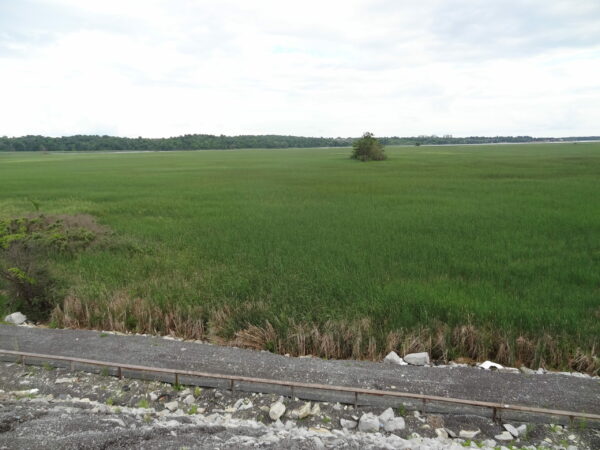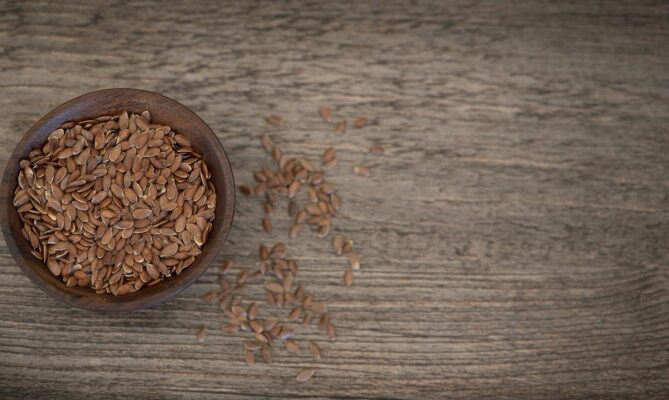
A recent study explored the role of public authorities in pre- and debunking misinformation, finding that source credibility impacts outcomes. For individuals who trust public authorities, their debunks were more effective in reducing misinformation credibility and agreement. However, for those…
Read More












